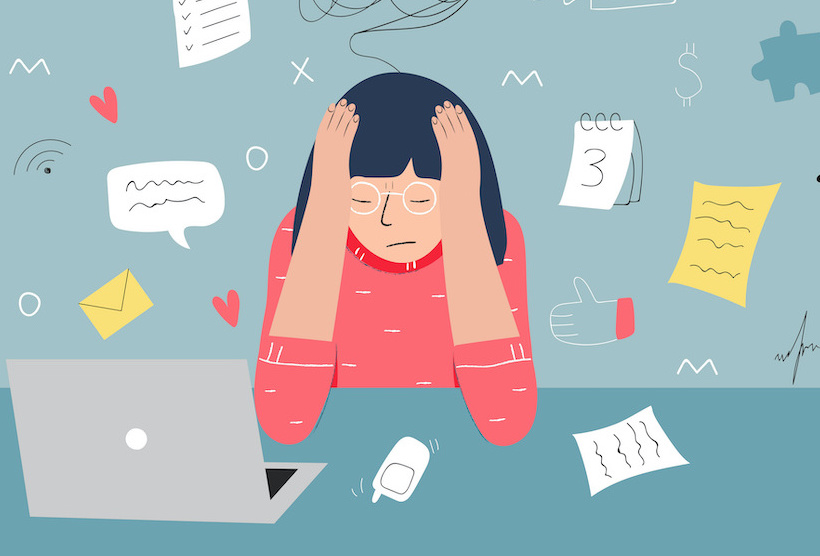Avoid Burnout by Reclaiming Your Time
By Kate Finley
August 2021
For some people, it’s an all-too-familiar feeling just beneath the surface. It can go unaddressed for much longer than is healthy. In my experience, it happens before I am willing to slow down and realize that I’m pushing myself past my limits — and then it can be too late.
Burnout. That feeling of exhaustion, like you have nothing left to give, depleted, frustrated and on the verge of tears.
The past 17 months have demanded that we push ourselves further. Whether you survived or thrived through the global pandemic, there’s a reason why we hear more about the importance of mental health.
I recently went through a bout of burnout due to the competing pressures of personal and professional life. When you’re in that state, small changes can help, but in my experience, the cure lies in doing what you think you absolutely cannot do: take at least a full week away from work — ideally two. No email, no Slack, unplugged with as few obligations as possible.
You can implement the following approaches to help you prioritize your mental health.
1. Eliminate and reduce meetings.
Seth Godin proposes most internal meetings can be eliminated and replaced with Google documents that participants review and comment on in lieu of the meeting. If a meeting is held, then it should be short and meant to address ideas or questions about the previously reviewed materials.
As you review your calendar, ask yourself if it is vital you attend a meeting or could you instead delegate or eliminate a meeting. Reduce necessary meetings to 25 and 50 minutes to create more mental space.
2. Delegate and elevate.
If you’ve mastered it, it’s time to let it go. This not only makes business sense, it will free you up to focus on your highest and best use. Give away everything you can to focus on the core elements of your role. This will increase your joy at work. It’s also a great way to empower your team and exhibit trust.
3. Discover found time.
I was introduced to the idea of “found time” by my coach, Elise Mitchell, APR, Fellow PRSA. The idea is that you have more time than you realize, it’s just taken up in other areas. You can redirect that time.
Using social media to relax actually increases physical and mental fatigue and can even keep you awake at night. Your phone shows screen use by app. Aim to significantly reduce this from week over week. Redirect that found time into non-screen activities like self-care, exercise or whatever fills you up.
4. Give yourself permission.
It’s high time to take back your personal time. Unless you’re in a full-blown business crisis or flexing your schedule, you do not need to be available at night or on weekends.
5. Get away.
Whether it’s a staycation or you’re hopping on a plane, your team and clients will be OK. Baby step with a long weekend if you must. This is the best thing you can do for your mental health.
Lastly, don’t forget to breathe. Just 10 minutes daily can make a difference on your mental health.

-(1).jpg?sfvrsn=939b7d2a_2)

